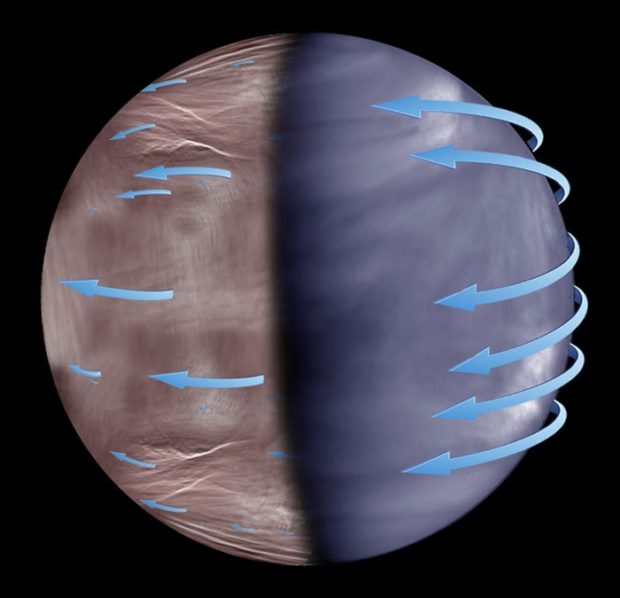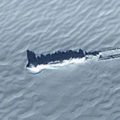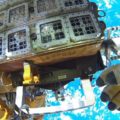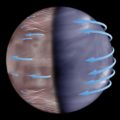Delivering a speech on the occasion of Space Physics Laboratory Day on Monday on the topic “Searches for life outside the earth,” noted astrophysicist Jayant V. Narlikar said that “extraterrestrial life is possible.”
Speaking to an elite group of scientists and researchers in Thiruvananthapuram in southern India, Narlikar said three types of bacteria have been detected through experiments conducted by the ISRO that are so far not identified on earth.
Read : Alien Bacteria found in Venus’s Clouds .
Narlikar said that one of these bacteria, Bacillus Isronensis, has been named after the ISRO. These organisms were detected by the ISRO using high altitude balloons.
“Detection of extraterrestrial bacteria highlights the possibility of life beyond earth and it is good news for humanity. With these findings, Indian study in the field of extraterrestrial investigations can be said to have reached a competitive stage in the global arena. There is a dedicated group in India that is working towards the targets of extraterrestrial studies, we are hopeful of more results in the future,” Professor R. K. Chaudhury of the Indian Institute of Astrophysics told Sputnik.
“Extraterrestrial life could exist because the basic building blocks of life might be present in some of the celestial bodies in other galaxies. With modern technological advancement, we will be able to provide conclusive evidence for the presence of life outside the confines of the earth in the near future”, Professor Narlikar said.
Professor Narlikar is known for his work in cosmology, especially in championing alternative models to the popular Big Bang model. He is a former president of the Cosmology Commission of the International Astronomical Union.
So do you like to read such articles , consider liking our page on Facebook here , following us on Twitter here ,or if you love some visual treatment , we make some high quality videos on YouTube as well which you can view here . have a great day :). Visit our homepage HERE for the LATEST SCIENCE NEWS.




